I am assuming that we have all experienced at some point in our education — at some level, in some grade or in some subject — a good or even great teacher. I know that I have been blessed by having several teachers that I revered at the time, still cherish and am grateful for the time that I had with them.
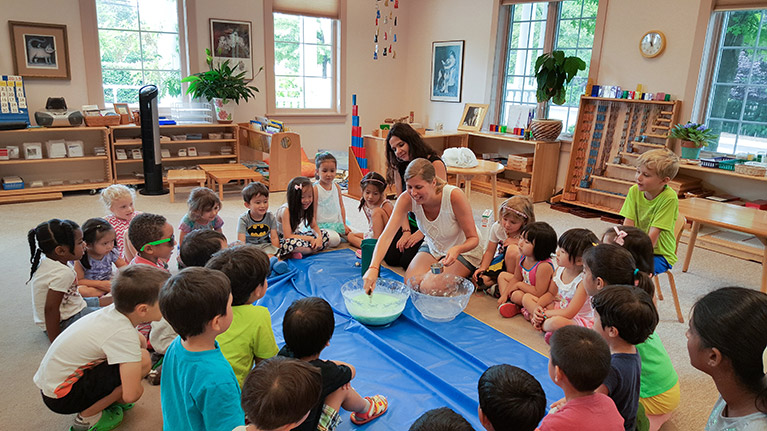
When I reflect on what a great teacher can do, I find myself grateful for…
- Their ability to see me as an individual with some potential.
- Their ability to help develop in me a curiosity for learning, researching, and exploring.

- Their ability to help me understand that there are rules and expectations – such as attendance, raising your hand to be called upon, being quiet when someone else is talking, etc. — that one must learn to follow and work within.

- Their ability to see that I learn differently than some others, accept that and teach to that.

- Their ability to somehow transmit to me a caring and loving feeling that helps to give me a little bit of confidence in school and in life.
- Their ability to help me learn how to work, play, team and get along with others.
- Their ability to have me understand that there is accountability in this world, by having exams, tests, papers that are due, and report cards.
- And their ability to inspire me.

Wow! That is quite a list. And it makes me think about how we individually and as a society express our thanks, our gratitude to our good and great teachers.
- The most important way to do this is to let them know directly, up front and personal, from you. Tell them how you feel about them and their work.
- A second way would be to stay in touch with them over time so they continue to understand how important they have been in your development and life. I have been regretfully delinquent on this one.
- A third way is to let the school or college administration know about your feelings so that the teachers get, in effect, a Yelp rating. Give them reviews and evaluations that will let their hiring authorities know what a great job they are doing.
- A fourth way of showing how much we value good teachers is to make sure that they get compensated financially in some way that aligns with the value that they are giving to us.
It is this last point that I want to spend some time on today.
What sparked my desire to write about this happened by chance a few days ago. I was rummaging through some old file boxes that I had stored in my small self-storage locker and I came across a document that just floored me.
It was dated March 8, 1905 – 118 years ago. Holy cow!
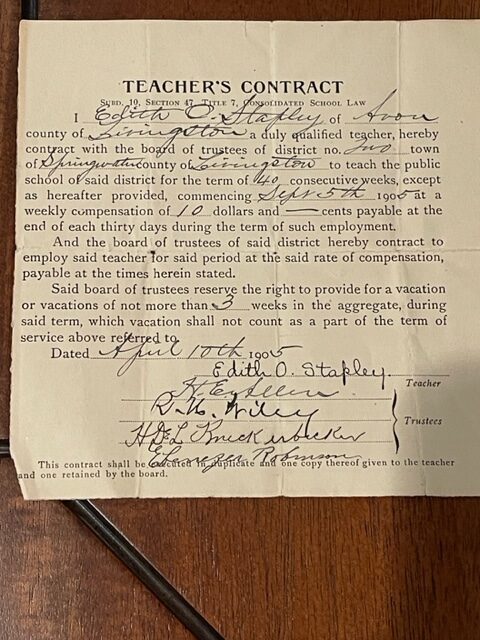
It was the contract to hire my grandmother Edith Onley Stapley, before she married and became a Peterson, to be a “duly qualified teacher” in district 2 in the town of Springwater in Livingston County, in upper New York State, to teach for 40 “consecutive weeks” commencing on September 5th, 1905.

A word about my grandmother (next to me in the picture, along with my mother and sister). Readers of my blogs and listeners to my podcasts know how special this particular grandmother was to me. I loved her so much. I could not get enough of her. I wanted to be around her all the time. And this was true at every age.
Her career work was as a teacher.
I never had her as my teacher, but I always was aware that she was a teacher. For example, every year growing up I would visit her for one week in the spring. She never asked me how I wanted to spend the week with her. No. She always sent me to the local school when I visited her. Even though I was from out of town, even though I was there for only one week, I was going to go to the local school each day. No question about it.
I did not object, and it turned out to be wonderful because I made so many friends in the town she lived in that I could play with after school.
Although I never had my grandmother in class as a teacher, I can only imagine how great a teacher she must have been.
Back to her contract for being a teacher. When I read the contract, I was shocked. Do you know what she was paid to teach? You are not going to believe this.
She was paid $10. $10 not for an hour of work; not for a class; not for a day of work; not for two classes; not for two days of work; not for a week of work; not for two weeks of work. No! she was paid $10 for one (1) month of work!!!!!!!!!!!!!!!!!!!!!!!!!!!!!!!!!!!!!!!!!!
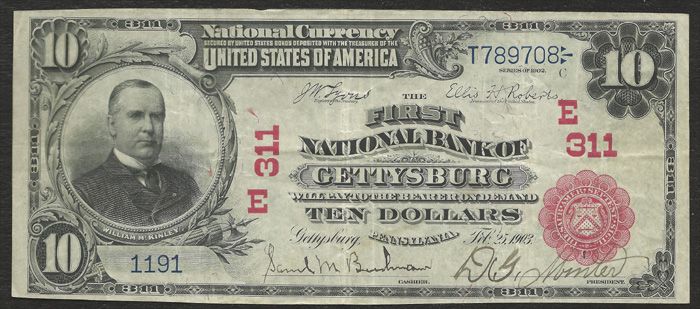
I have done some research and found out that $10 a month in 1905 is the same as $349.63 a month today, taking an average inflation of 3.06% into account. That equates to an hourly wage of 24 cents/hour in today’s dollars.
Our teachers today in America are receiving approximately 24 dollars/hour on an average depending upon what survey data you are citing.
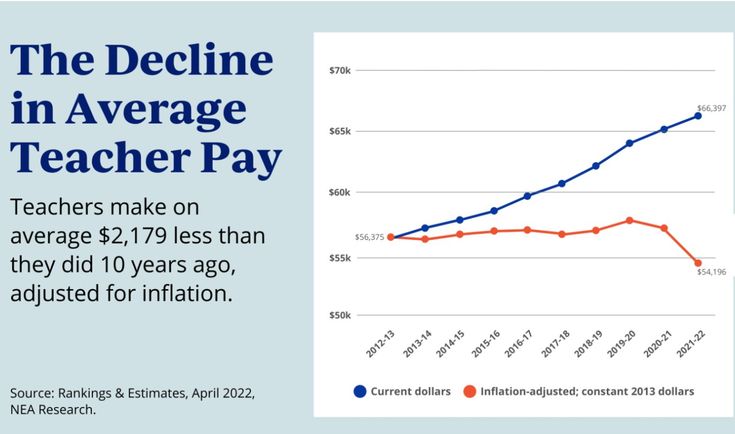
This average pay varies depending upon years of service, education, geographic location, whether it is church based, private, alternative, charter or public school, whether it is in preschool, elementary, middle, high school, or in trade schools or in community colleges or four year college institutions.
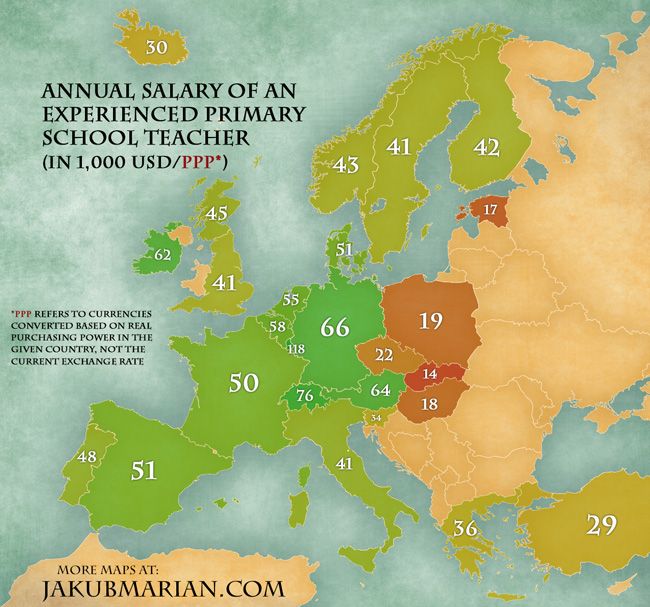
Compared to what teachers are receiving in other countries, according to World Population Review, in 2023 the United States ranks 12th on the list of starting salaries for primary school teachers in the world. The US follows Luxembourg, Germany, Switzerland, South Africa, Denmark, Saudi Arabia, Austria, Australia, Netherlands, Spain and Sweden in that order. In the country of Luxembourg they pay primary school starting teachers $71,812 compared to $42,723 in the US. The top of the pay scale in Luxembourg for the same teacher is $126,868 compared to $74,214 in the US.
Getting teachers paid more is a more complicated question than it might appear at first glance. Several issues are in play. For example:
- The existing teacher shortage
- The potential “great resignation” of even more teachers
- How, if at all, are the seemingly significant fringe benefits calculated in the “hourly” wage
- How are good teachers able to be compensated when most salary increases are across the board
- What is the ability to dismiss bad teachers
- What about the other staff in schools that are crucial, such as the para professionals, the security and maintenance personnel, counselors and nursing staff, the athletic and kitchen staff, the office staff to name a few.
- What about early childhood and preschool teachers and caregivers that are clearly so important and yet paid even less than elementary school teachers.
Bottom line, we need to let our good and great teachers know how much we value and are grateful for their work by:
- Letting them know directly.
- Staying in touch with them over time.
- Letting their hiring authorities know how great they are.
- And, getting good and great teachers paid better – much better!

Pretty amazing about your grandmother . It’s true that teachers don’t become a teacher for the money
comment from Janis, sent to my email.
janis,
thanks for your comment.
believe it or not, this blog about great teachers and their pay has received the least number of comments of any blog i have ever written! go figure.
what, people are in a stupor recovering from the holidays. or, people just don’t give a damn about great teachers or their pay. or, the people that read my blogs are introverted and have a difficult time expressing themselves. you tell me. what is going on?
neil